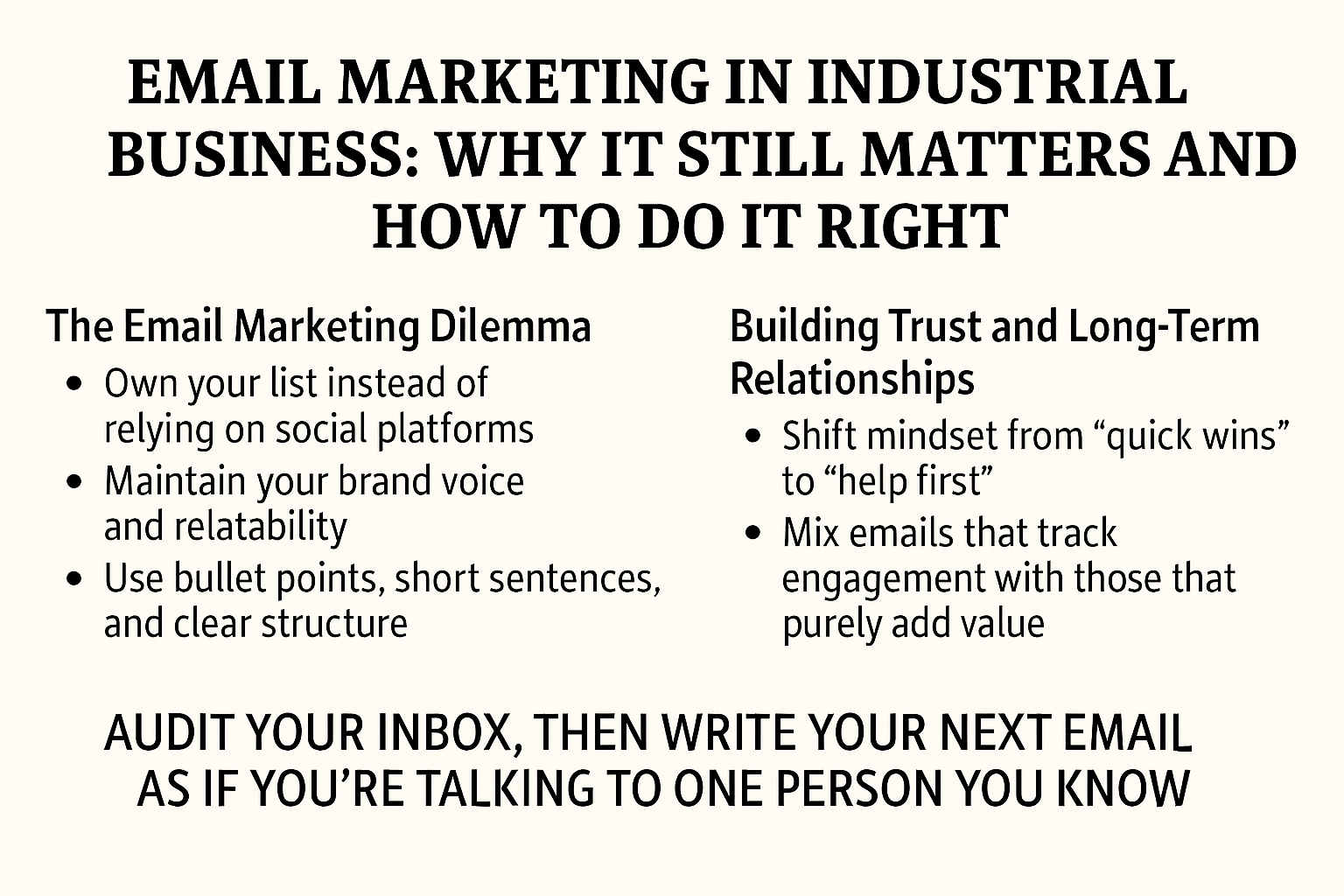Quantum Computing and Cybersecurity

Quantum Computing and Cybersecurity: Are You Ready for the Next Big Disruption?
The industrial world thrives on innovation, but with every breakthrough comes new challenges. Quantum computing is one of those breakthroughs—a technology that promises to revolutionize industries, accelerate research, and unlock unprecedented computational power. But here’s the catch: it also threatens the very foundation of cybersecurity as we know it.
Why Quantum Computing Changes Everything
Quantum computers aren’t just faster—they’re fundamentally different. Their ability to process complex calculations at unimaginable speeds means that today’s public key cryptography—the backbone of secure communication—could be rendered obsolete. Digital signatures, encrypted transactions, and trust mechanisms that underpin our digital world are all at risk.
Sandy Carielli of Forrester Research explains it best: “If a quantum computer existed that was powerful enough, it would break today’s public key cryptography.” That means emails, contracts, financial transactions, and even healthcare data could be compromised.
The Urgency: Harvest Now, Decrypt Later
Here’s the scary part: attackers don’t need a quantum computer today to start causing problems. They can intercept encrypted data now and store it, waiting for the day quantum computing makes decryption trivial. Sensitive information—like health records—will still matter 10 years from now. If you’re not planning for this, you’re already behind.
What’s Being Done?
The good news: industry leaders and government agencies saw this coming. Over a decade ago, initiatives began to develop post-quantum cryptographic algorithms. NIST (National Institute of Standards and Technology) has already approved new algorithms designed to withstand quantum attacks. Regulatory bodies worldwide are mandating migration to these algorithms by 2035—or sooner.
Financial institutions and government agencies are leading the charge, piloting quantum-safe solutions and conducting cryptographic discovery to identify vulnerabilities. But for most organizations, the clock is ticking.
What Should You Do Today?
-
Start the Conversation
Bring together stakeholders—security, development, infrastructure, procurement, and risk teams. This isn’t just an IT problem; it’s an organizational priority. -
Conduct Cryptographic Discovery
Inventory your systems. Know what algorithms you’re using and where they’re deployed. You can’t protect what you don’t understand. -
Engage Your Vendors
Update RFPs and SLAs to ensure vendors are preparing for quantum readiness. Don’t assume—they need to prove it. -
Prioritize High-Value Data
Identify information that will still matter in 10 years. Healthcare records, intellectual property, and sensitive contracts should be first in line for quantum-safe protection.
The Bottom Line
Quantum computing isn’t science fiction—it’s coming faster than most expect. Experts predict less than 10 years before quantum computers can break today’s encryption. Some say even sooner. The organizations that act now will protect their data, maintain trust, and stay compliant.
Your Call to Action
Don’t wait for Q-Day. Start preparing today.
- Connect with Sandy Carielli on LinkedIn and explore her insights at https://www.forrester.com.
- Visit https://industrialtalk.com for resources, interviews, and strategies to future-proof your business.
- Lead the conversation in your organization. Quantum security isn’t optional—it’s essential.
Be bold. Be proactive. The future is quantum—make sure you’re ready.



